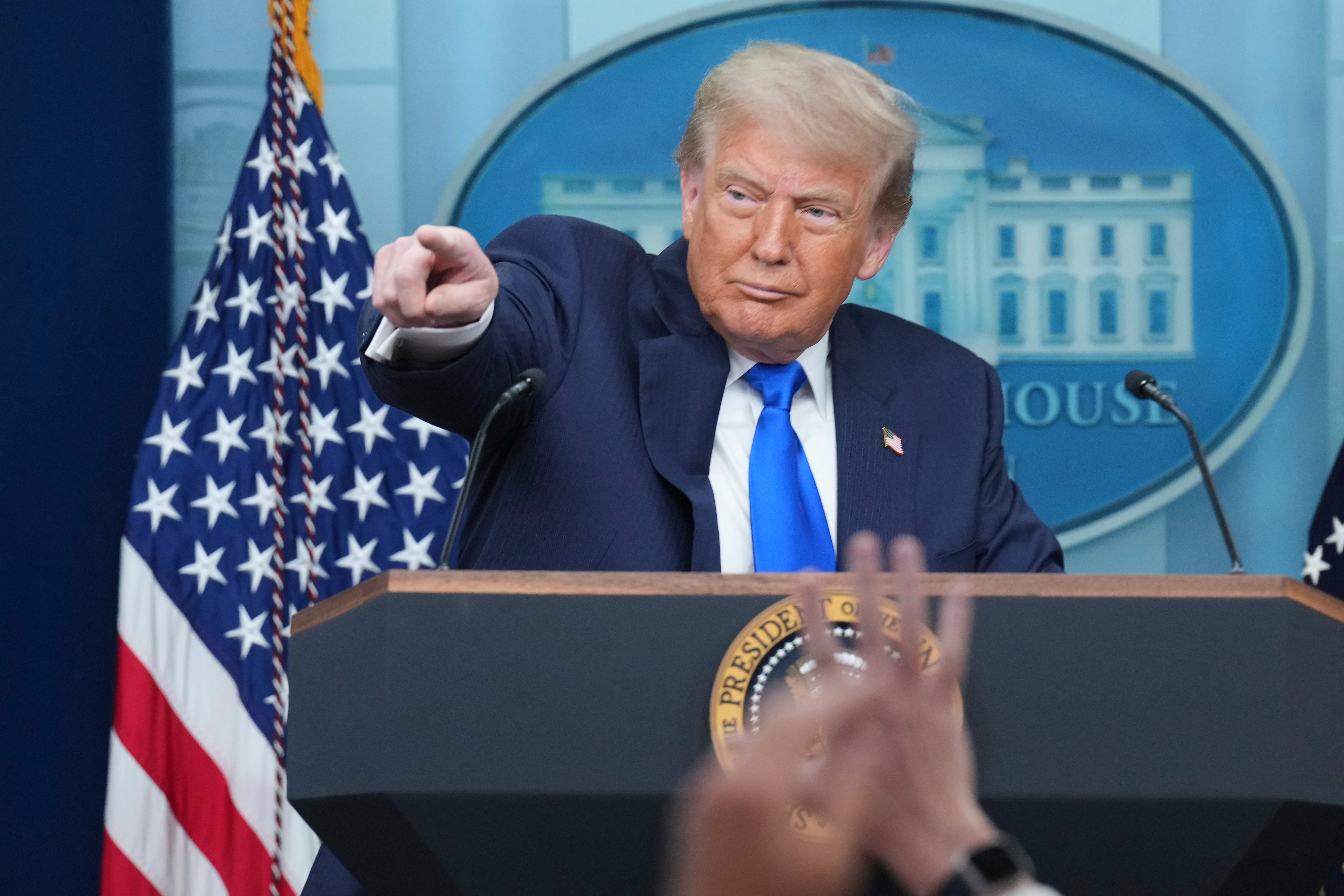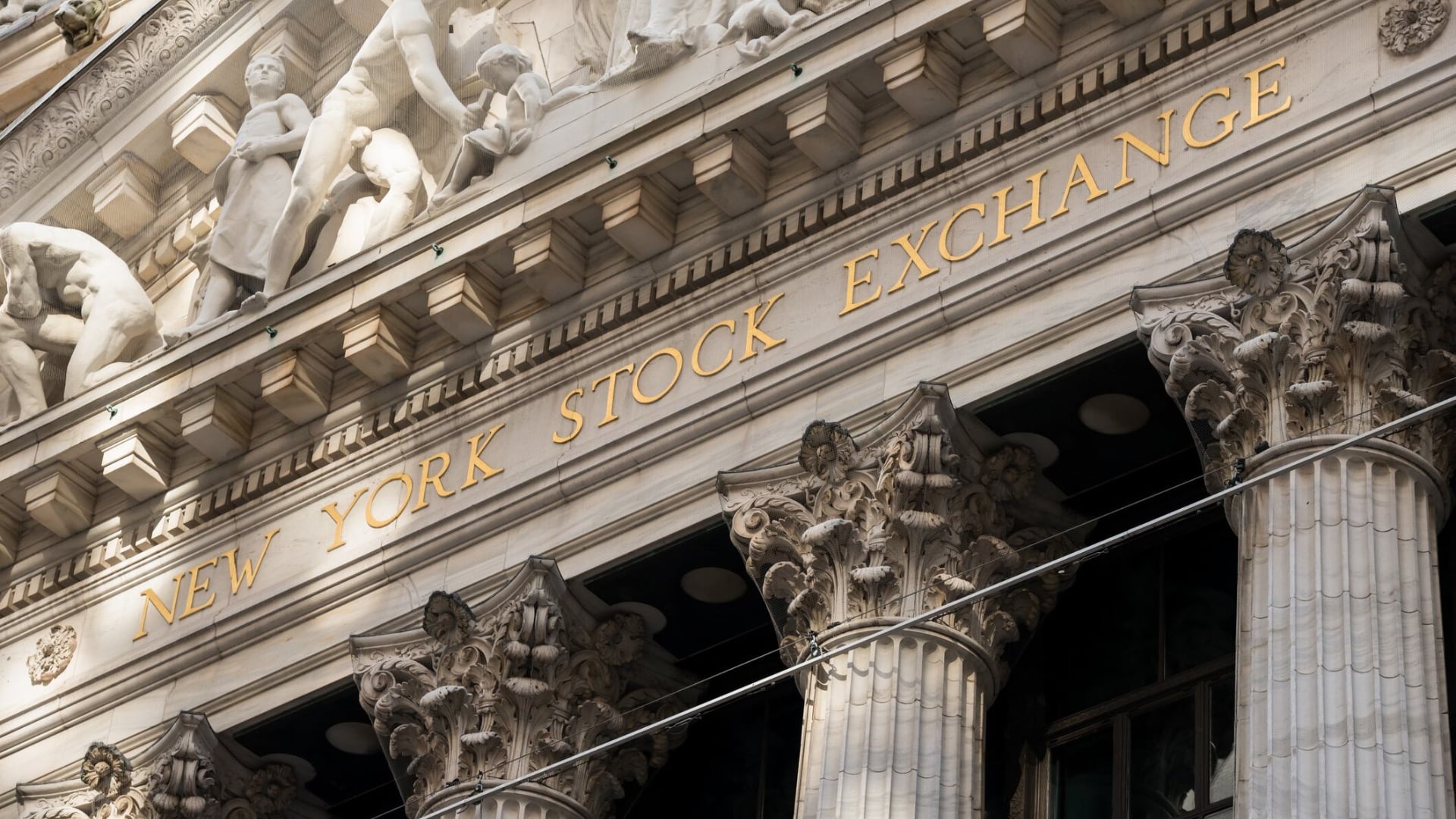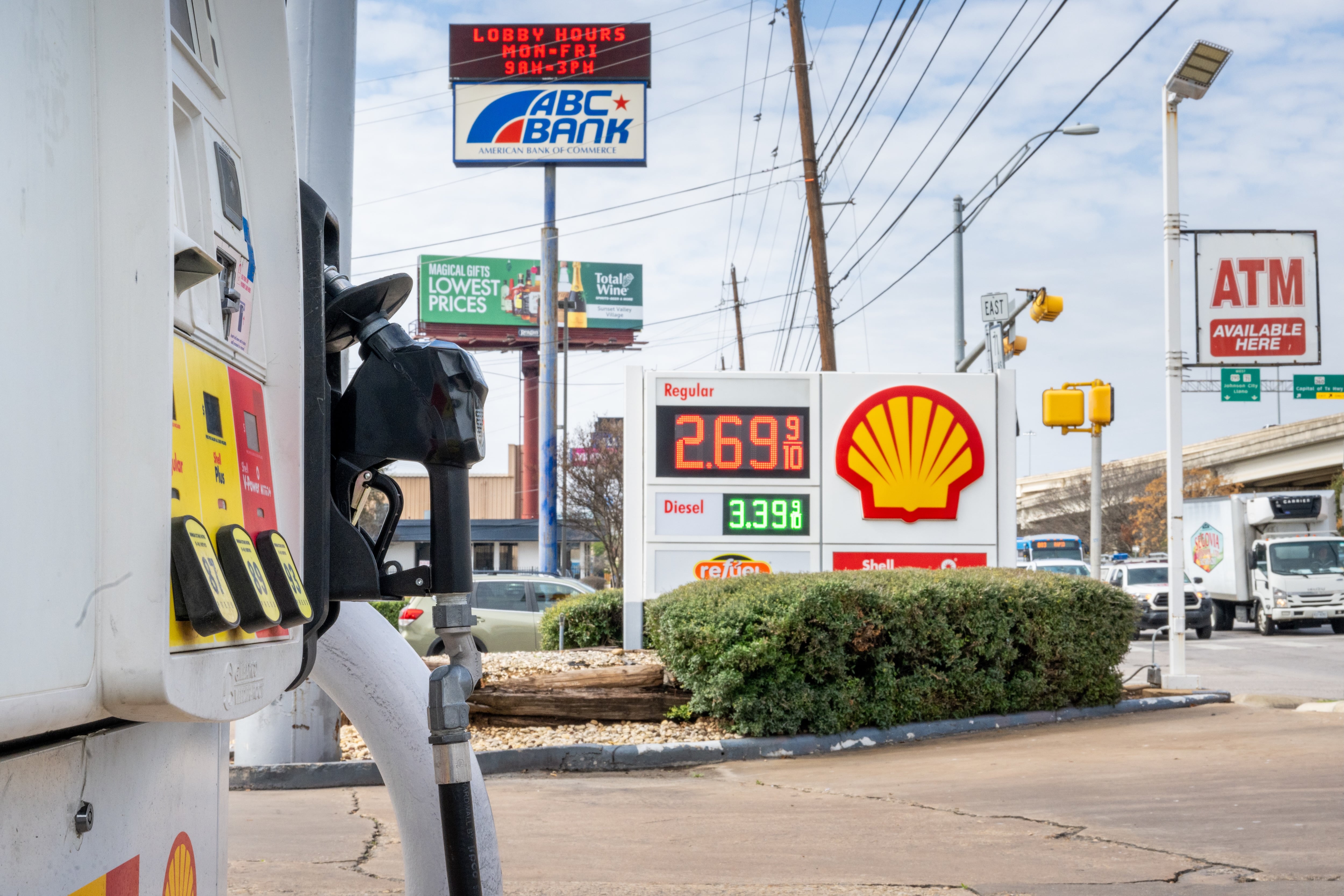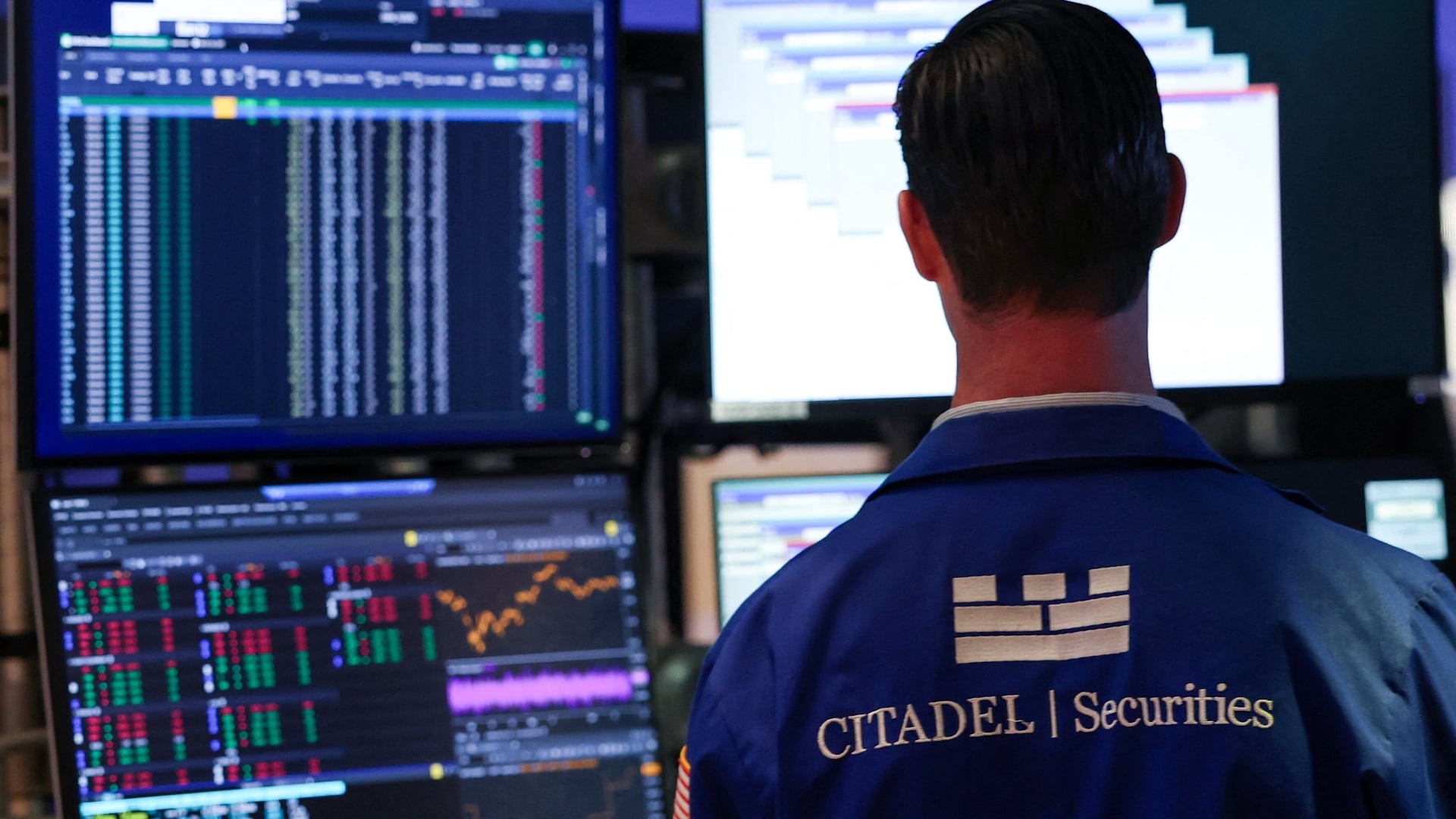By Damian J. Troise and Alex Veiga
More encouraging news on the development of coronavirus vaccines and treatments helped power stocks higher on Wall Street Monday, as the market clawed back most of its losses from last week.
The S&P 500 index rose 0.6%, led by banks, energy, and industrial companies, sectors that have been beaten down during the pandemic. Health care and technology stocks, which traders have bid up sharply this year, closed lower. Treasury yields mostly rose, another sign of optimism among investors.
The latest vaccine developments are helping to raise hopes that some normalcy will eventually be restored to everyday life and the economy. It is also tempering lingering concerns over rising virus cases in the U.S. and new government restrictions on businesses aimed at limiting the spread.
“Investors continue to embrace and see the optimism in the development of vaccines, providing light at the end of the tunnel and multiple choices on how to get there,” said Adam Taback, chief investment officer for Wells Fargo Private Bank.
The S&P 500 rose 20.05 points to 3,577.59. The benchmark index, which climbed to an all-time high a week ago, recouped nearly three-fourths of its decline from last week. The Dow Jones Industrial Average gained 327.79 points, or 1.1%, to 29,591.27. The technology-heavy Nasdaq composite added 25.66 points, or 0.2%, to 11,880.63.
Roughly 73% of the stocks in the S&P 500 rose. In another signal that investors were feeling confident, the Russell 2000 index of smaller stocks outpaced the broader market, picking up 32.96 points, or 1.8%, to 1,818.30. The yield on the 10-year Treasury rose to 0.86% from 0.81% late Friday.
Many of the companies making gains would greatly benefit from a vaccine allowing people to travel, shop, and dine out. Cruise line operator Carnival rose 4.7% and hotel company Marriott International gained 3.2%. JPMorgan Chase rose 2.9%.
“You continue to see some rotation into sectors and securities that have been undervalued and still have some upside potential,” Taback said.
AstraZeneca is the latest drug developer to report surprisingly good results from ongoing vaccine studies. It said the potential vaccine, which is being developed with partner Oxford University, was up to 90% effective. Unlike rival candidates, however, AstraZeneca’s doesn’t have to be stored at ultra-cold temperatures, making it easier to distribute.
Last week, Pfizer and Moderna both reported study results showing their vaccines were almost 95% effective. And, over the weekend, Regeneron Pharmaceuticals received U.S. government approval for emergency use of its COVID-19 treatment. The drug, which President Donald Trump received when he was sickened last month, is meant to try to prevent hospitalization and worsening disease from developing in patients with mild-to-moderate symptoms.
The string of upbeat news about vaccine development has been butting up against increased caution as the virus continues to threaten the economy. That push and pull ultimately sent the S&P 500 to a loss last week. But, in the longer term, any positive updates on the vaccine front should be more dominant for the markets, said David Kelly, chief global strategist at JPMorgan Funds.
“It’s not a question of the vaccine versus the winter wave,” he said. “A reasonable forecast is uncertainty will go down.”
He added that any hesitancy in the market at this point should be centered around the issue of company valuations and how fundamentally sound companies are when more normal economic conditions return.
Energy companies notched among the biggest gains in the S&P 500 as the positive vaccine news stoked optimism about more demand for oil, sending the price of U.S. crude 2.2% higher. Occidental Petroleum led all stocks in the S&P 500, climbing 16.8%.
Even with its weekly decline last week, the S&P 500 is on track for a 9.4% gain this month. Trading is expected to be light this week ahead of the Thanksgiving holiday on Thursday when U.S. stock markets will be closed. They will reopen on Friday for a half-day session.
European markets ended slightly lower, and Asian markets mostly rose.
Updated on November 23, 2020, at 4:54 p.m. ET with the latest information













